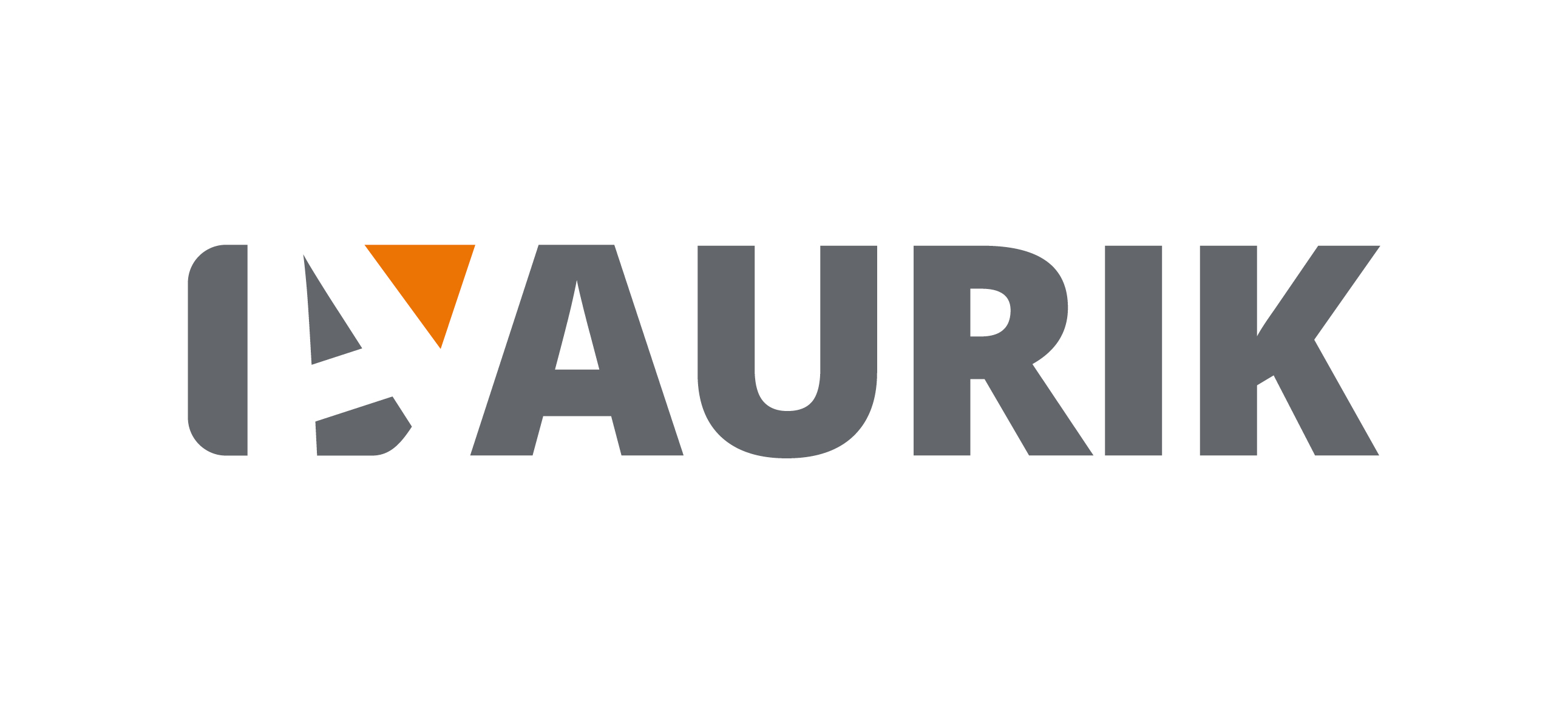Beware who you tie your fortunes to – they may inspire your start and hinder your end.
Why and how you start your business is deeply personal and specific to your circumstances and opportunities at that time. There are many right ways which often turn out to be wrong ways simply because plans seldom work out. Just start. But, always do so with the end in mind.
Listen to the podcast HERE

The End Game
Why do you build a business? Is it to make money? Yes. It must. It might not be the reason you start a business, but it must make money. Is it to grow your money? Yes, I hope that’s a reason behind it to. Who doesn’t and wouldn’t want that? If your business can make money and grow it too, it means your business is on track. Should it protect what you’ve built? Surely this is also key. If these three elements feature in your mindset about your business, you aspire to create wealth. The wealth manifests across multiple platforms. Society benefits from a growing business in that a business only grows if it fulfils a purpose. For customers this means that your business solves problems. For staff it’s a place of work and money and hopefully meaning and value. There are many beneficiaries from a growing business! Back to you. And your family. It’s about wealth. This means that you must, once you start, consider what the end game is. Surely, it’s to reap and harvest the reward from years of sacrifice, investment, risk and care? This means a successful sale to a buyer. An organisation that recognises the value your business generates and wants to acquire it. For you, it’s a capital gain. The just rewards of your creative, risk-taking effort. Put differently, it's your pension and family legacy.
At the start, opportunity is always brighter
Most of us start because of necessity. A few because of opportunity. One of the most common starting points is the discovery of a great product. One that is not represented in your market. One that is better than what’s currently available. Often, these products are tied to product owners. Think BMW or Nike as examples. Owned by the parent and offered to you as an opportunity to develop, market and profit from in your market. Maybe not Nike in your case but a good, no, great product in your business be it a tool brand, machine brand or anything else. The deal goes like this: You find the product. You secure an opportunity with the product owner (Principle) to buy the product and market it in your country, region, territory. You do so to build a business and generate wealth….at the end of the day.
In the middle, the ride is always rougher
Things go well initially and then things don’t. Products built in, for example the US and UK and EU are built on the back of different standards and regulations. The competitive environments in these markets are exactly what leads to great products. You must meet high quality standards; you have to constantly innovate, and you must abide by regulations. This makes these great products suitable, from a pricing perspective for their markets and expensive for your local consumers. This is amplified when the currency depreciates. This then drives a waning interest in the local market. The small size of it and weakening currency means the profits earned by your Principles weaken and wane too. Your efforts to drive the business often mean you need to negotiate prices to accommodate these pressures. Reducing your Principles' gross profit margins makes them even less interested. You are then left with a fight on hand. Market harder, drop your pricing, buy bigger quantities to keep your Principles engaged and offer terms to your customers if they buy more. It winds the profitability of your endeavours into a vicious cycle. Survive it and your competition lessens since the last man standing means that the market, although shrunk, is there for you to occupy. This will work, rather, can work but is not sustainable.
Changing the rules when the game is unfair
To respond to your environment, you must do things differently. Getting your Principles to play along is hard for the reasons mentioned above. The right changes that strategically will secure your future are to shift from being product centric to problem solving. This gets you closer to the customer and he/she who owns the customer, owns the market. The single biggest fear of banks and audit firms in the UK right now result from the customer relationship migrating from their direct control to the multitude of SaaS and other services offered to their clients. Direct contact with the customer places you ahead in seeing what changes they, the customer, experience and through that, what new problems they suffer. The first responders earn the customer loyalty and annuity business too. It’s no different anywhere else. Shift from a product mindset to a customer problem-solving mindset.
If you succeed, your business is not driven by the product. Instead, the product is simply a commodity that helps solve the problems you understand, problems that can be solved by a hundred other products out there in the world too. Your Principles will pay attention! They will negotiate and accommodate too.
At the end, the exit is always tougher
Many of these Principle product agreements to represent and distribute the products in a region are one-sided. Much like a landlord-tenant agreement although the tough economy is changing that. You have worked hard, put up with a ton of brown stuff and now you want to sell. Your time to harvest your efforts has arrived. The bad news is that your business mostly is worth nothing. Unless, when you started, you did so with the end in mind. You signed a contract that secures your rights, your territory and allows you to cede these rights to the buyer. There are many deals that can be structured to enable this. At the start, set targets or volumes that earn the rights if you cannot simply secure them without obligation up front (an unlikely situation today). Be sure that the agreement will transfer to the buyer on terms that are very reasonable. Imagine an offer of, say R60m for your business and the Principle says no! They may do so either because they want to take the market you have directly developed over the years for themselves or because relationships are soured. It's more common that you think.
Act now
Avoid this fate by negotiating right from the start. That means, start, certainly start, but do so with the end in mind. If you haven’t and are stuck, lets work together to reshape the value in your business, value that you can realise with or without your Principle’s discretion and whim
